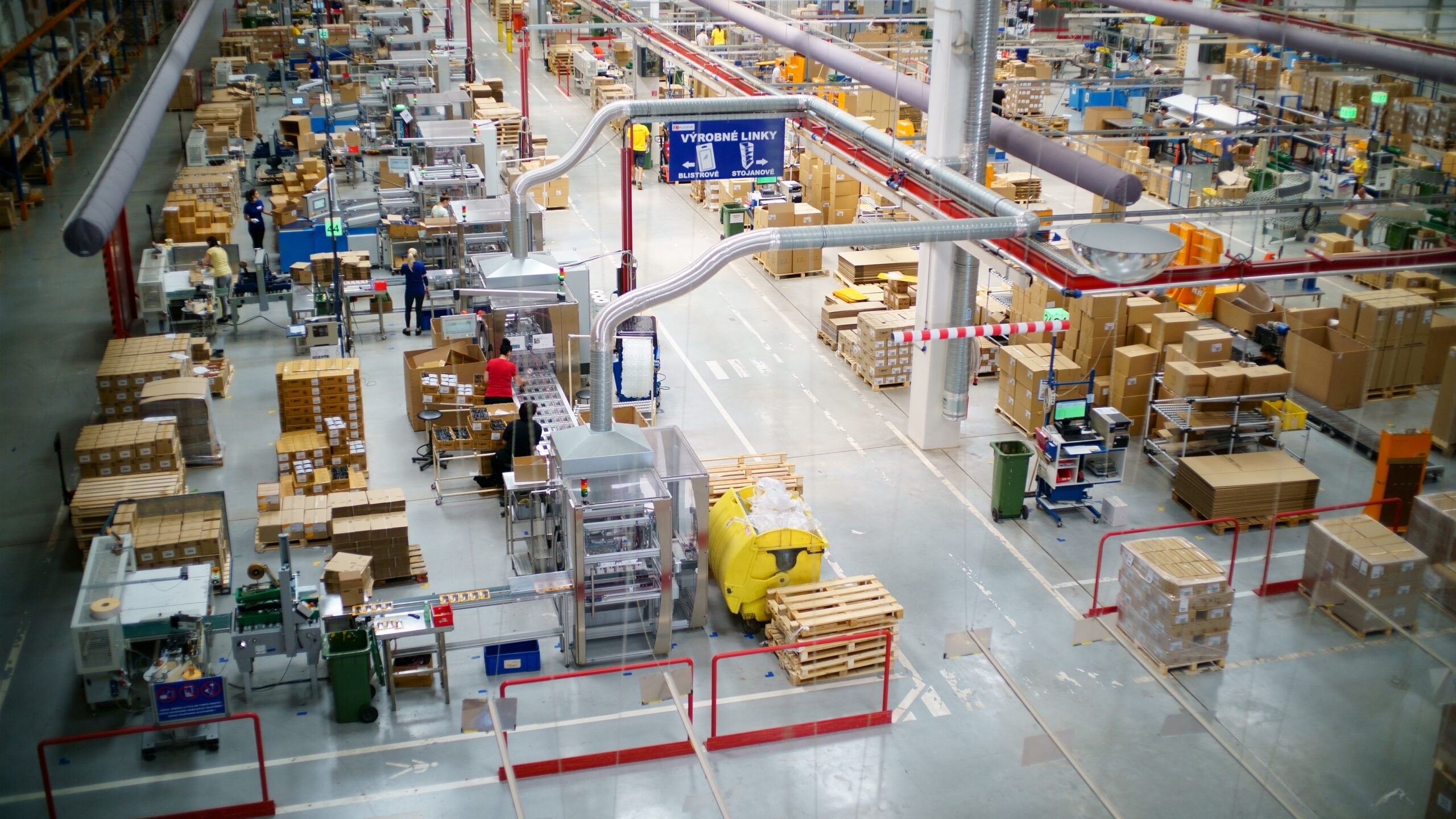On February 17, 2025
Outsourcing in supply chain management: the role of a logistics operator insupporting manufacturers
Manufacturers do not typically specialise in advanced warehouse operations.

On February 17, 2025
Manufacturers do not typically specialise in advanced warehouse operations.
Manufacturers do not typically specialise in advanced warehouse operations. However, efficient warehouse operations play a crucial role in the supply chain and ultimately translate into customer satisfaction. Managing product packing and packaging independently is not always effective, as it generates additional costs and requires extra time and human resources. It may be a good move to outsource co-packing and co-manufacturing services to experts in the field of logistics.
It takes a long time for a product to reach the market. This includes production, packaging or repackaging and distribution. Certain products may need to be customised or, in the case of exports, packaging and labels must be adapted to the market requirements. This includes adjusting a language version of the on-pack information and sometimes even the label design. It is all about appealing to the consumers’ preferences and meeting specific legal regulations, including environmental standards required by the European Union, for example. Manufacturers are therefore faced with a considerable organisational and financial burden due to all these additional responsibilities. The cost increase is particularly apparent during sales peak periods. This creates a need for extra warehouse space and additional staff. Sales peaks often coincide with holidays or festivities, which require the release of limited product series. Yet, short-run production interferes with the production lines workflow, which has to switch from standard production to small-batch production. This involves additional costs for retooling machines and reorganising work
and in result, severely limits the utilisation of production capacity.
– With rising living costs, manufacturers seek to optimise their processes and supply chains. The task is challenging as many industries experience periods of increased commercial activity, when more manpower is needed and customers expect better service and on-time product availability. On the other hand, in quieter periods, the resources needed to handle peaks often remain underutilised. However, you can improve the efficiency of your chain by outsourcing some of the tasks to a specialised partner and thus reduce costs, says Mariusz Jóźwik, Regional Manager, Warehousing, Co- Packing & Co-Manufacturing at FM Logistic Central Europe.
A logistics operator can help manufacturers optimise work and reduce the packaging workload. With experienced staff, machinery, technologies and warehousing space, they can manage logistics processes more efficiently and reduce the operating costs. The client pays for a specific order, thus reducing fixed costs and freeing up funds to fully utilise their business potential. Engaging an external partner with the right resources also saves time, which means it is not wasted on re-organising the entire process. This is particularly relevant during sales peaks, when operational efficiency is of the utmost importance. With this in mind, co-packing and co-manufacturing services play a key role in increasing operational agility, reducing order processing times and minimising costs. Co-packing is regularly used by FMCG manufacturers for seasonal campaigns and short runs, such as advent calendars or special offer sets. Within this service, the logistics operator can carry out a variety of activities: from labelling products with identification materials, grouping commodity into bundles, combining into sets and gift packs, as well as packing into store-ready displays and other in- store stands. A logistics operator can offer support even at the packaging design stage, so that packaging is optimal and best suited to the product and meets all storage and transport requirements.
– Co-packing and co-manufacturing may sound simple, but in fact they are complex processes that require many skilled workers and additional space. In many industries this can speed up order fulfilment, especially in the retail sector. Retail chains require flexible deliveries, fast order processing and packaging that is tailored to specific consumer requirements. Working with a logistics operator not only helps manufacturers reduce costs, but also improve customer service and increase the efficiency of the entire supply chain, adds Mariusz Jóźwik.
How can we help you ?
What are you looking for?
Fill in the form